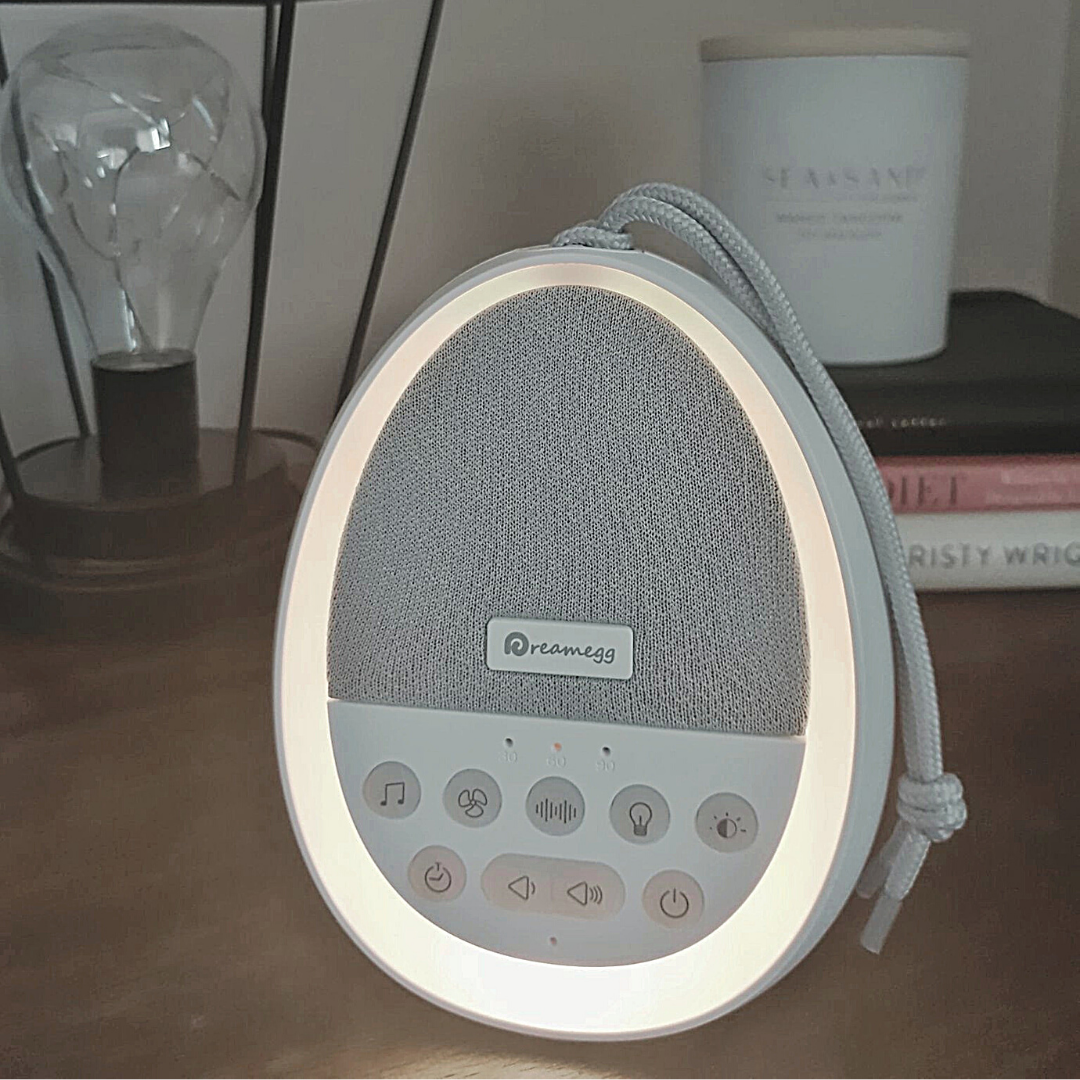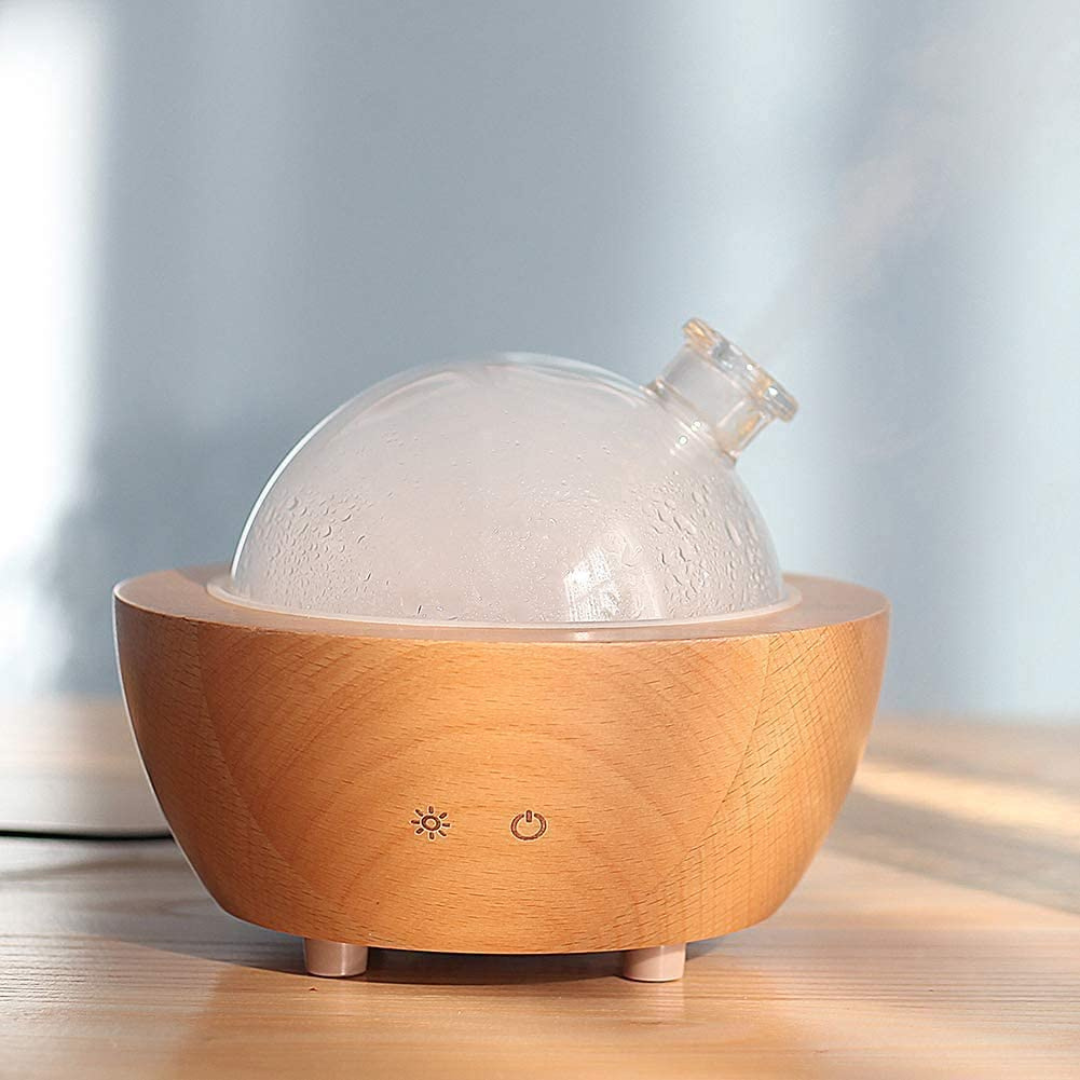|
|Have you ever wondered how your physical well-being is connected and impacted by your mental well-being, and vice versa? This blog post will explore this undeniable interconnection and outline 7 distinct ways that your physical health is connected to your mental health.
Please note: This article does not contain healthcare or therapeutic advice. If you are concerned about your health or well-being, speak with a health professional or visit your nearest medical facility in an emergency. This is a collaborative article and contains affiliate links.
MENTAL HEALTH RESOURCE VAULTGreat!Check your email for instructions on how to access the Mental Health Resource Vault.
During the 17th century, the mind and body were seen as separate entities working within two distinct systems and were treated within a medical model without an emphasis on mental well-being. More recently, the resurgence of the importance of emotional health has resumed and the mind-body connection has been shown to be an important component to an individuals overall health and well-being.
The World Health Organization (WHO) states that "health is a state of complete physical, mental and social well-being and not merely the absence of disease or infirmity". Let's explore this concept by identifying 7 ways that physical health is connected to mental health. As you read through each category, think of how your own mind-body connection either negatively impacts on your life or enhances your well-being. 1. Nutrition
Food intake is one of the most important mind-body connections and is also a necessity for our survival. According to Dietitians of Canada "the food we eat is associated with our mood, behaviour, and cognition" and is therefore intertwined with our overall mental well-being. There are many factors that can contribute to poor or inadequate diets and as a result can cause long-term detriments to both the physical and mental well-being of an individual.
More facts linking nutrition to mental health:
Tip: Consider speaking with a nutritionist about your own dietary habits and how they are currently impacting on your mental well-being. Co-create a nutritional plan that will fit in your budget and serve to increase your overall health. Related: Listening to Your Gut Health
|
|
|
|
|
4. Sleep
More facts:
- Sleep problems have been linked to psychiatric disorders including depression, bipolar disorder, anxiety disorders & ADHD.
- The most common sleep disorder is insomnia, although over 70 sleep disorders exist.
- Adequate sleep can help maintain emotional regulation; sleeplessness can lead to irritability, changes in mood, increase in angry outbursts or bouts of crying.
- Chronic sleep problems have been shown to be linked to mental health issues including PTSD. A common link suggests that sleeplessness (especially chronic) leads to increased stress and an onset for mental health issues.
Tip: Learn how using essential oils can help you get a better sleep.
5. Substance Use
More information:
- Alcohol or drugs are often used to self-medicate the symptoms of depression or anxiety; can increase underlying risk for mental disorders; alcohol and drug abuse can make symptoms of a mental health problem worse.
- Medications for physical or mental concerns can have side-effects but can also alleviate many ailments or emotional disturbances - always check with a doctor before altering a dosage of prescribed medication.
- Individuals diagnosed with a mental health disorder are more likely to smoke; smoking can alleviate some symptoms connected to mental health diagnoses and may be used as a coping mechanism but are detrimental to an individuals health.
Tip: If you, or someone you know, is concerned about substance use or addiction, reach out for more support from a doctor or a addictions center that specializes in supporting individuals and families through the recovery process. It can be important to find an accredited treatment program that empowers an individual to recover in the way that fits best for them such as https://www.aristarecovery.com.
6. Illness
Anxiety and stress brought on by the experience of an illness can also trigger mental health disorders or exacerbate underlying symptoms related to anxiety, depression or other mental health concerns.
More facts about the connection between illness & mental health:
- People living with a chronic health condition have a higher risk of experiencing depression.
- Stigma associated with people living with chronic illness such as pain can interfere with the recovery and maintenance of physical and emotional symptoms.
- Learning to manage illness such as symptoms of pain can improve an individuals overall well-being and reduce symptoms related to a mental health condition.
Tip: Depression and anxiety are treatable - speak to a health professional for more information. Support (such as support groups, individual counselling, health & wellness coaching) for chronic illnesses may also be helpful in alleviating co-morbid experiences of mental health issues.
|
|
|
|
7. Social Well-being
- A study identifying the association between mental health and social well-being found that positive mental health was linked with lower levels of loneliness and higher levels of social support; lower levels of social well-being was the biggest predictor of negative mental health.
- Social well-being also relates to community and society and how interconnected an individual feels to services, government, or society in general can also impact mental well-being
Tip: Consider your social well-being in your current life.. how would you rate it? Would you say it is impacting on your overall mental health & well-being? What can you change to increase your social well-being in your immediate social connections (friends, family, etc) and your wider social network (society, community, etc)?
Want a real-life example of the impact of the mind-body connection? Listen to Lissa Rankin talk about her epiphany of understanding the important of BOTH your health AND mental health (pretty incredible!).
Thanks for reading and I hope you found this article helpful. Comment below with your own experience with the mind-body connection or consider sharing this post with others who may also enjoy reading about the holistic nature of our well-being.
Fantastic blog, I found the sections on illness and sleep particularly helpful! It's so true that mental health affects our physical health. With drinking water, I know one of the best ways I've made sure to do that is by keeping a glass near me while I work. After a while, it becomes habit to regularly sip at it! Hopefully this helps some of your other readers. Also, I'm definitely going to pin your infographic!
Thank you, Arien! That is a great tip for drinking water almost unconsciously because it's right next to you.. I do the same and by the end of the day I notice I feel much better compared to the times I haven't remembered (or had the time) to drink enough water. Thanks for pinning the infographic!
OMG I'm often sleep late this day.. it's really affect my mental to be more emotional now...I have to start sleep early
Yes, sleeping early or getting enough sleep can make a huge difference to your health & well-being. I hope the section on sleep was helpful for you! Take good care of yourself.
I totally agree with the concept of mind and body being one and this is something I have been applying for a good few years and water is indeed the staff of life. We drink a lot of water here as it is very hot all the time so a necessity of daily life for us. Great post..
Thanks for sharing, Carol! Water is really important, especially when you're living in a warm climate. Take care!
Great post. I think it's so easy to forget how important sleep and nutrition are when we are racing through life. Thanks for the reminder.
I agree, Peyton! I usually pick a theme each month that connects with mental health and well-being (next month is loss and grief) so I'll be sure to go into each topic from this article more in-depth in the future. Thanks for your comment!
Physical health can associate significantly with a person's mental health. Thanks for sharing this!
Leave a Reply.
MENTAL HEALTH RESOURCE VAULT
Great!
Check your email for instructions on how to access
the Mental Health Resource Vault.
Categories
All
Addiction
Anxiety
Bloggers Corner
Blog Update
Depression
DIY
Eating Disorders
Essential Oils
Finance
Grief
Health
Holiday
Journaling
Mental Health
Mindset
Organization
Relationships
Review
Self Care
Therapists Corner
Trauma
Yoga
Popular Posts
// Self-Care Bullet Journal Spreads
// 7 Ways Your Physical Health is Connected to Your Mental Health
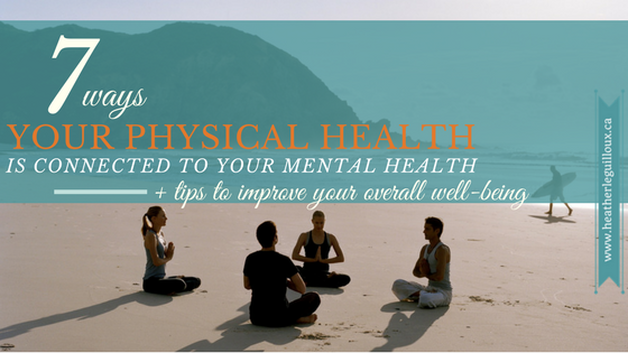



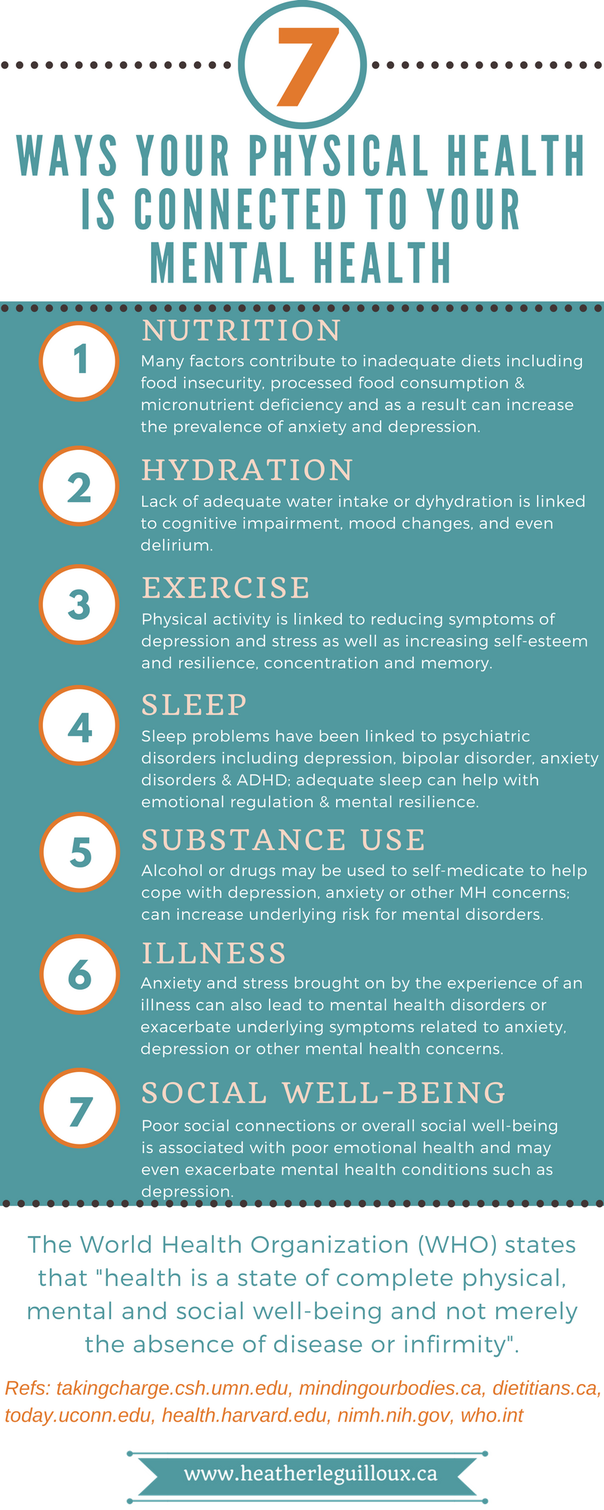
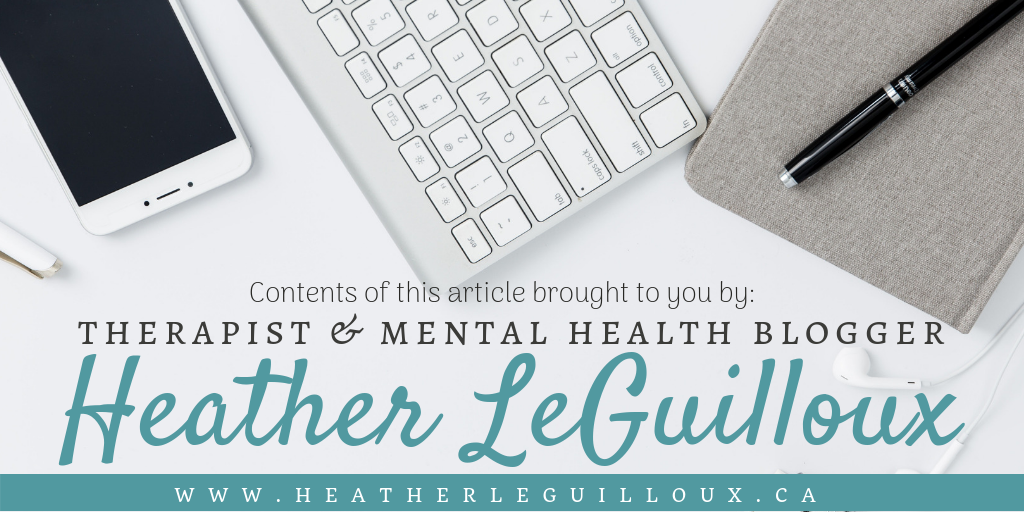

 RSS Feed
RSS Feed











